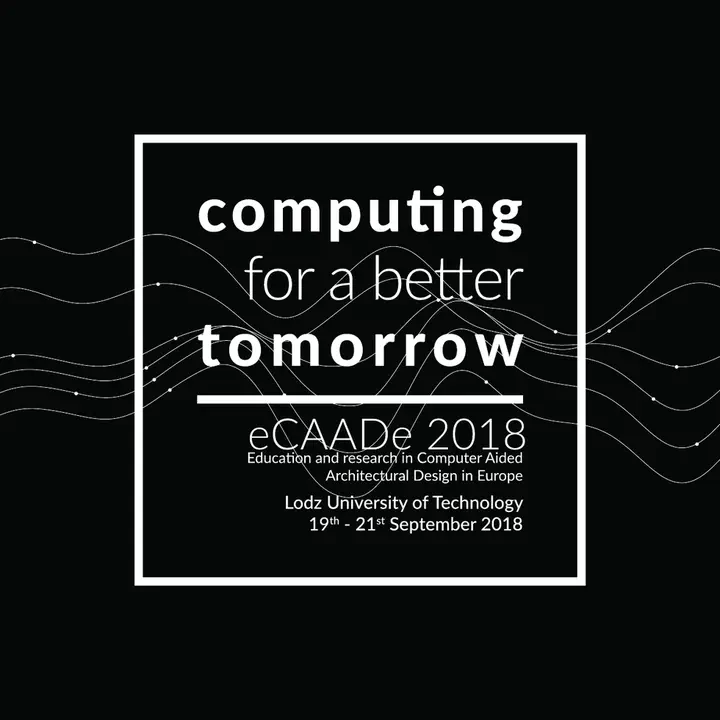Virtual Reality, Videogames, Architecture and Education - From utopian drawings to inconstructible navigable environments

Abstract
The paper suggests virtual reality (VR) as an architectural medium on the continuum of visionary architectural drawings of the past centuries. It argues that architecture and contemporary videogames engage with and share very similar concerns and aesthetic sensibilities. The potential of VR to develop designs and spatial configurations impossible to construct in physical reality but perfectly perceivable by our sensory apparatus, uncovers a latent domain of spatial aesthetics that architects can experiment with, develop and harness. The latter half of the paper discusses an experimental master studio module developed at the Institute of Architecture and Media of TU Graz, in which architecture students were called to develop interactive spatiotemporal environments in the VR videogame medium.
Miltiadis, Constantinos. ‘Virtual Reality, Videogames, Architecture and Education. From Utopian Drawings to Inconstructible Navigable Environments’. In Computing for a Better Tomorrow - Proceedings of the 36th ECAADe Conference, edited by A Kepczynska-Walczak and S Bialkowski, 2:815–24. Lodz, Poland: Lodz University of Technology, 2018. http://papers.cumincad.org/cgi-bin/works/paper/ecaade2018_366.